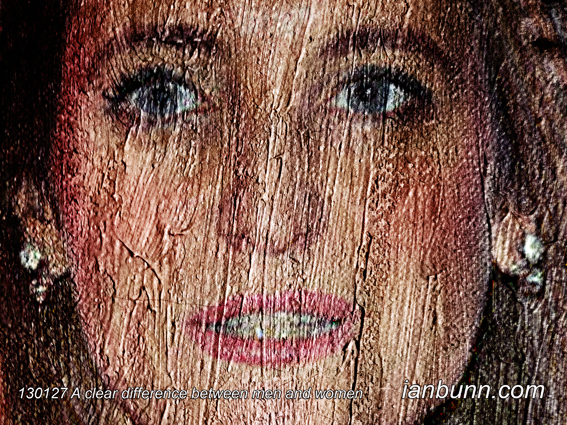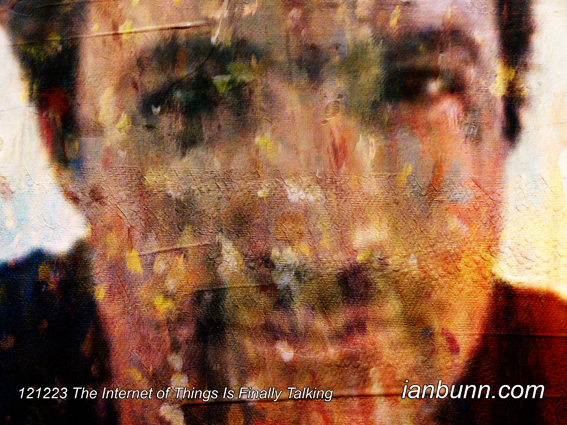 A clear difference between men and women (January 27 2013)
A clear difference between men and women (January 27 2013)
Chrystia Freeland the 44 year old Canadian-american writer, journalist and editor of Thomson Reuters Digital has published an article titled ‘Finding economists’ common ground’. Freeland states in the article “This is a tough time for experts. Empowered by the Internet and embittered by the sour economy, many people doubt the wisdom of expert elites. Journalism sometimes casts further doubt by seeking polarized positions that can draw an attention-grabbing debate, or by taking refuge in he-said-she-said accounts to avoid the harder job of figuring out who’s right. Now one tribe of specialists – economists – is striking back. Concerned that the great unwashed have come to see all economic proposals as being equally valid, the University of Chicago Booth School of Business has led an effort to figure out what economists agree on, where they diverge and how certain they are about their views. To do that, the Booth school called on reputable economists to join its panel of experts. Each week, the panelists are asked whether they agree or disagree with a particular economic idea. … they did pick up a clear difference between men and women. “Women,” they wrote, “tend to be more cautious in taking a stance.” For women making their way in the 21st-century world of work, that reticence is mostly a handicap – a willingness to admit to uncertainty is one reason women are paid less and can find it difficult to break through the glass ceiling. For the benefit of the community as a whole, though, more female economists may be needed. The quest for objective economic knowledge is surely a good thing, as is the Booth effort to map where economists agree and where they diverge. But, given how profoundly and unexpectedly the world economy collapsed in 2008, maybe a little more womanly humility about that conventional wisdom would be a good thing, too.”
Inspired by Chrystia Freeland, Reuters ow.ly/gT6KV Image source WEF ow.ly/gT7ka

